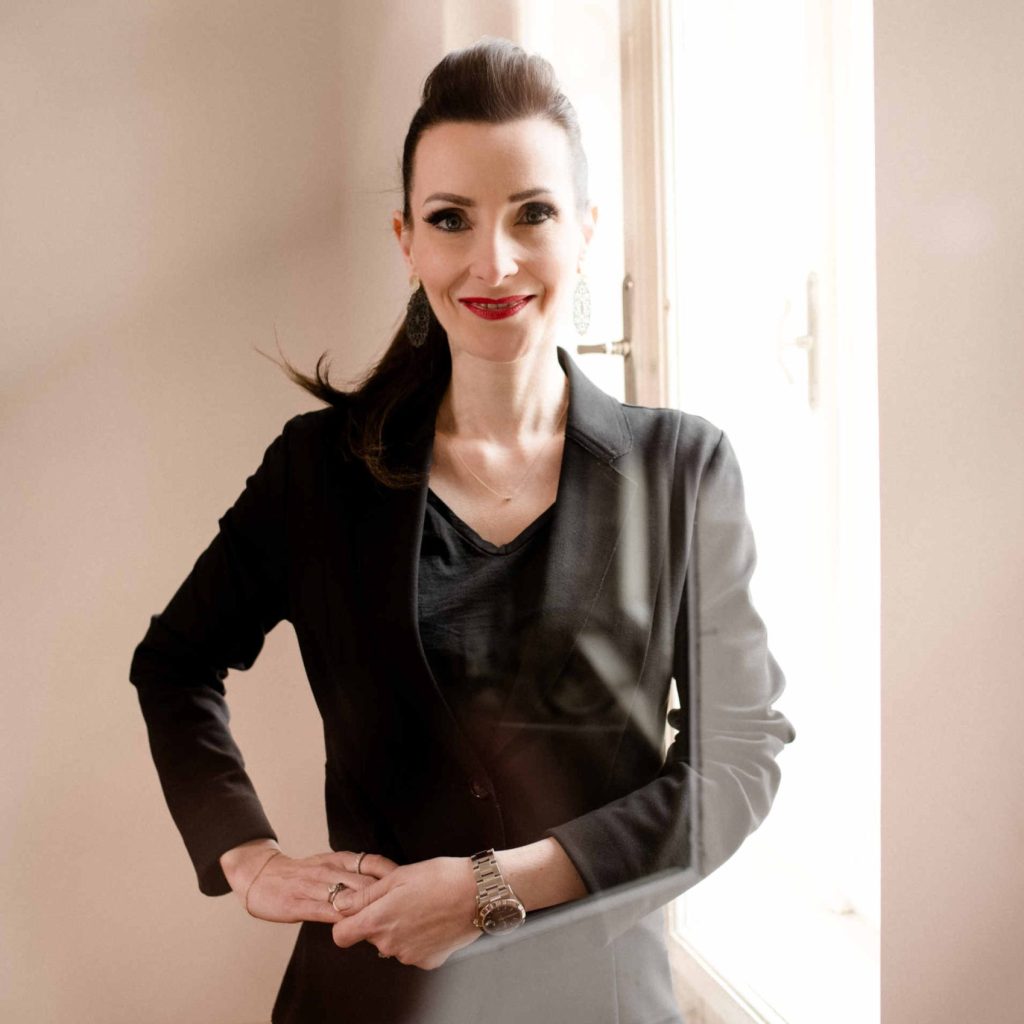

“The best restaurants in the world are consistently good – that’s the secret.”
What does it take to run the best restaurant in Asia? British chef Daniel Calvert, now head chef at Sezánne in Tokyo, talks about originality in the fine dining world, the dangers of social media and why a roast chicken might be the dish of the future. An inspiring conversation, conducted as part of the World’s 50 Best Restaurants 2025 in Turin.
ALEXANDRA GORSCHE: In times of change - what is your appeal to colleagues when it comes to sustainability, collaboration and the future of our industry?
DANIEL CALVERT: A lot is expected of us chefs when it comes to sustainability. But if you don't cook sustainably, you probably also lack respect for the product. If you throw away 50% of the ingredients, you're not a good businessman - and you're not a passionate chef either. We prepare everything à la minute, nothing is produced in advance. And 99% of our ingredients come from Japan. For me, local doesn't just mean regional, but national.
You cook French food in Japan - is fusion the future of fine dining for you?
I hate the word “fusion”. What counts is originality. Our aim is to serve dishes that are only available here - only at Sezánne.
What is the biggest threat to innovation and originality today?
Social media is the biggest killer of originality. Ideas spread in a matter of seconds. If I see a dish on Instagram, it won't be served here. Period.
Where do you get inspiration from instead?
From classic cookbooks - the older the better. If you don't know the basics, you can't create anything of your own.
How do you strike a balance between innovation and tradition?
In the end, all that matters is whether it's delicious or not. If not, it doesn't belong on the menu - no matter how creative it is.
What has changed in fine dining over the last five years?
Luxury products no longer impress guests. It's all about seasonality, experiences - and nostalgia. A perfectly prepared roast chicken is often worth more than any luxury dish.
If you don't cook sustainably, you probably lack respect for the product.
Does nostalgia play a role for you?
Very much so. Many of our dishes are based on familiar flavor combinations - we reinterpret them. For example, a tomato tartlet with burrata - basically a caprese, but with a different twist.
What development would you like to see in top gastronomy?
Away from sous-vide, back to the craft. There is a generation that has never learned to cook properly because machines have taken over everything.
What is most important to you in your kitchen?
Originality, taste and practicability. If a dish doesn't turn out the same way 30 times a night, it's out.
What do you think of the trend to open branches around the world?
I think it's a tired concept. If it doesn't focus on local ingredients, it's often just a money-making exercise. Diners want to see the chef in the restaurant - not just the name on the door.
How can fine dining remain relevant in the long term?
Through consistency, not hype. The best restaurants in the world are consistently good - that's the secret.
What surprised you most in Japan?
The fax machine! But seriously: the quality of the ingredients. I thought I would have to import a lot - in the end, almost everything comes from Japan.
How do you manage your team?
I let people do their job - mistakes are okay as long as they don't leave the kitchen. If someone can't do something, it's my fault because I haven't explained it properly.
And the biggest challenge?
English with young Japanese people who don't speak English. (laughs) But cooking is a universal language. If you lead clearly, you get a clear result.
Born in Surrey, England, Daniel Calvert has worked in some of the world's most prestigious kitchens: Pied à Terre in London, Per Se in New York, Epicure at Le Bristol in Paris and Belon in Hong Kong. In 2021, he took on the role of Executive Chef at Sezánne in Tokyo. His cuisine combines classic French technique with Japanese precision and seasonality. Sezánne entered the World's 50 Best Restaurants list in 2023 and reached number 1 in Asia's 50 Best Restaurants in 2024.
Note: This interview was conducted during the award ceremony of the World's 50 Best Restaurants 2025, at the Meet the Chefs event in Turin, Italy, in June 2025.
If you don't cook sustainably, you probably lack respect for the product.



What does it take to run the best restaurant in Asia? British chef Daniel Calvert, now head chef at Sezánne in Tokyo, talks about originality in the fine dining world, the dangers of social media and why a roast chicken might be the dish of the future. An inspiring conversation, conducted as part of the World’s 50 Best Restaurants 2025 in Turin.